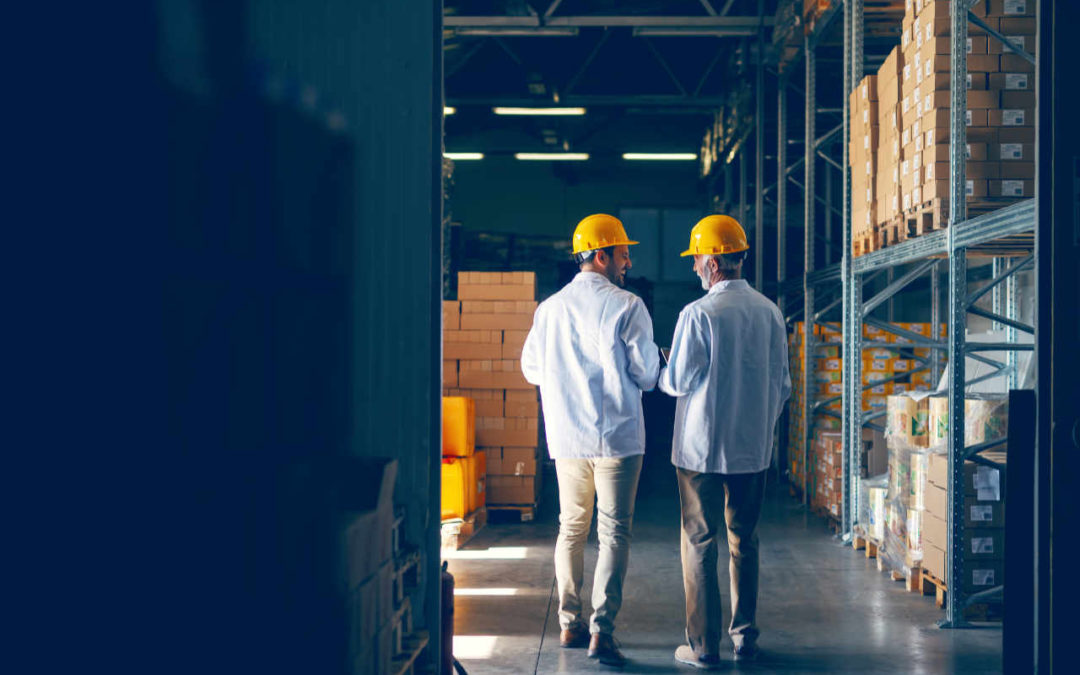When is the reverse charge VAT in construction?
The way VAT is collected in the building and construction industry was due to change on 1 October 2020 but has now been delayed until 1 March 2021 due to the Coronavirus pandemic. Additionally, the Government has also made an amendment to the original legislation, which was set out in April 2019, to make it a requirement that for businesses to be excluded from the reverse charge because they are end users or intermediary suppliers, they must inform their sub-contractors in writing that they are end users or intermediary suppliers. HMRC says the additional amendment is designed to make sure both parties are clear whether the supply is excluded from the reverse charge and is reflecting recommended advice published in HMRC guidance which brings certainty for sub-contractors as to the correct treatment for their supplies.
What is the reverse charge VAT in construction?
In 2018, the government stated that the VAT reverse charge is “an anti-fraud measure which removes the opportunity for fraudsters to charge VAT and then go missing, before paying it over to the Exchequer”. Apparently, VAT fraud in construction sector labour supply chains has been a real problem. The reverse charge sees the customer who gets supplies of construction services responsible for the VAT due on these supplies on their VAT return instead of the supplier.
How does the reverse charge VAT in construction work?
It applies exclusively to transactions between VAT registered contractors and subcontractors who are registered for the Construction Industry Scheme (CIS). It applies to both standard and reduced-rate VAT supplies but not to zero-rated supplies.
There are numerous exemptions, including the manufacture of components for systems of heating, lighting, air conditioning, ventilation, power supply, drainage, sanitation, water supply or fire protection and the installation of seating, blinds and shutters, as well as the installation of security systems, including burglar alarms, closed circuit television and public address systems.
If any non-reverse charge supplies are supplied with supplies that are subject to the domestic reverse charge, then the whole supply is then subject to the domestic reverse charge.
What do I need to do?
Approximately 150,000 affected businesses will have to change their systems for dealing with VAT. The important thing for all affected parties in the construction industry is not to waste this additional year. WinAccs is already equipped to handle the reverse charge VAT changes for construction. So please, if you are in this industry, don’t put the issue on the back burner till March 2021 speak to us today, or leave your details by clicking below and we can support you in fully understanding the implications of this change and how to deal with them.


Recent Comments